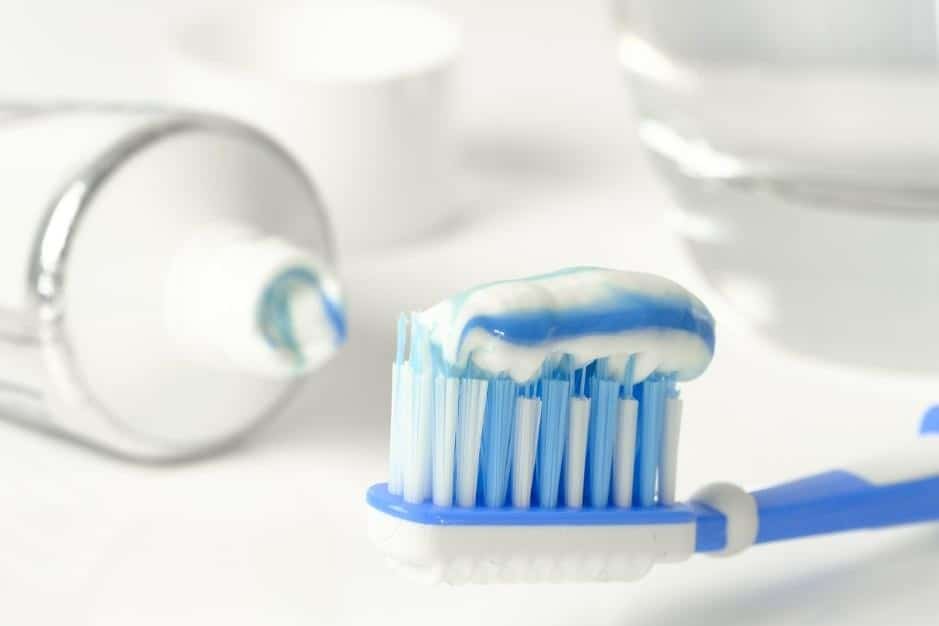Charcoal is not only for your summer barbecue cookout anymore. It has become increasingly popular as a dental health care trend among beauty influencers who swear by its teeth whitening effects. In fact, this method has been used throughout history, including the ancient Romans who also used charcoal to brush their teeth.
However, modern day professional dentists like us at Hamptons Dental in NW Calgary have been looking into whether or not charcoal products like toothpaste are actually effective for teeth whitening.
So, what is charcoal toothpaste exactly, and are there really any benefits to the product?
What is activated charcoal?
These toothpaste products use activated charcoal, or charcoal that has been heated with a gas. Heating the charcoal allows it to become more porous, which gives it a magnetic quality that is used to attract toxic chemicals. Activated charcoal is commonly used to help patients with poisoning because of this.
In theory, the activated charcoal should be able to trap all the toxic elements within your teeth and pull them out when you rinse your mouth after brushing, thus making your teeth whiter. We say “in theory” because after many studies conducted by dentists all over the world, it is not exactly proven whether this toothpaste is actually more effective than the average kind.
Is it effective?
Many of the people who claim that these pastes have whitened their teeth are going off of purely anecdotal evidence, rather than supported evidence by professionals who have conducted scientific studies. In fact, there are no studies that particularly support the claim that charcoal is effective in whitening the teeth.
Charcoal can’t help with deeper stains on the teeth, such as stains caused by smoking. Some dentists acknowledge that it can help buff out surface-level stains, but the bottom line is that brushing your teeth with this substance can have many risks that can really hurt your teeth rather than help them.
What are the risks of charcoal toothpaste products?
First off, the abrasiveness of the charcoal is enough to worry professional dentists.
If you use charcoal toothpaste, it does have a softer consistency like that of baking soda. However, it is still more abrasive than the average toothpaste.
The abrasiveness of the toothpaste can actually wear down the enamel on the teeth, and tooth enamel can’t simply be grown back. If used enough, the product can wear the teeth down to your dentin, undoing the possible whitening effects of the charcoal by making your teeth appear yellow.
There is also the risk of wearing down porcelain crowns or veneers on the teeth with too much use. Because of this, you should only use these products about once or twice a month, if at all.
In addition, most of these products do not contain fluoride, the element which protects your teeth against decay. This means that you can’t use charcoal toothpaste as a substitute for fluoride toothpaste. At best, you should only use these products as a supplement to your usual dental hygiene routine.
If you do decide to use these products for yourself, be advised that they are not recommended for daily use.
The verdict
No dental hygiene routine can come close to simply brushing twice a day with fluoride toothpaste and flossing at least once a day. Regular toothpaste is regulated by many different agencies around the world and is actually proven to help fight against gum disease and tooth decay.
After all, just because the ancient Romans and popular celebrities on the internet are using charcoal toothpaste products, does not mean that these methods are scientifically proven to be effective.
If you still have questions about what toothpaste is best to use, you should discuss options with your dentists. They’ll be happy to help you find a recommended product to achieve your whitest smile.


